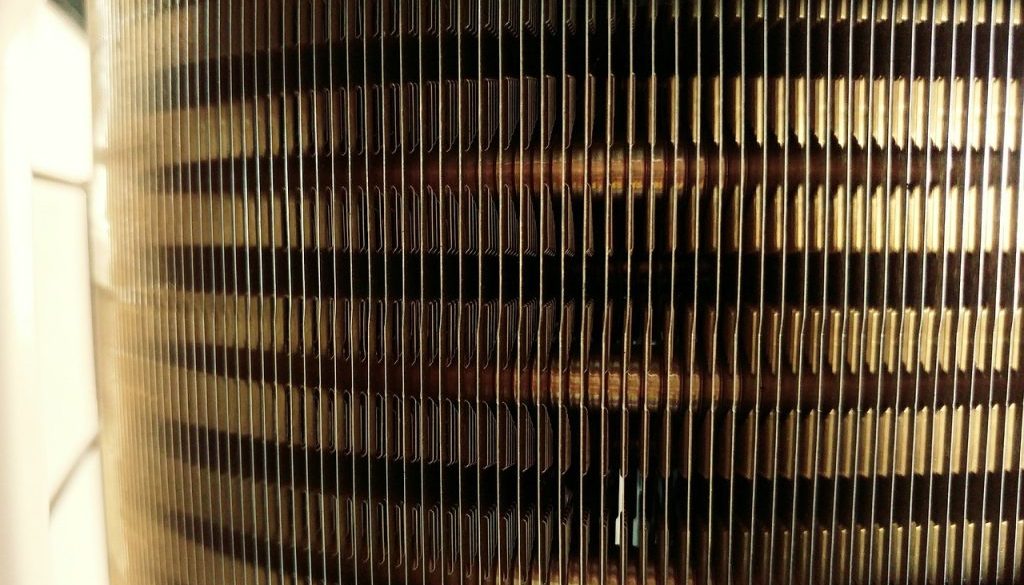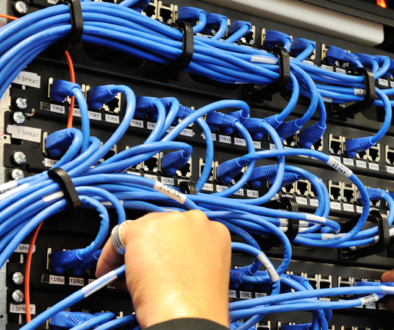Air Conditioning Technology & Services
Air conditioning is a must-have for homes and businesses in the summer months, but the technology behind it can be complex and intimidating. The good news is that advancements in air conditioning technology have made the systems more reliable and efficient than ever before, making them easier to install and maintain. This blog post will explore the latest air conditioning technologies, services, and trends to ensure your home or business stays comfortable all summer. Whether you’re looking for a new system or want to learn more about what’s available, this article have you covered!
What is air conditioning?
Air conditioning (often referred to as AC, A/C, or air con) removes heat and moisture from an occupied space’s interior to improve occupants’ comfort. Air conditioning can be used in both domestic and commercial environments. This process is most commonly used to achieve a more comfortable interior environment, typically for humans and animals; however, air conditioning is also used to cool/dehumidify rooms filled with heat-producing electronic devices, such as computer servers, power amplifiers, and even to display and store some delicate products, such as artwork.
How does air conditioning work?
Air conditioners work by drawing heat out of the air in your home and transferring it to the outdoors. To do this, air conditioners rely on a few key components:
-Refrigerant: A substance that helps to transfer heat. Air conditioners use a refrigerant called Freon.
-Compressor: A pump that circulates the refrigerant through the air conditioning unit.
-Condenser coils: These coils help to transfer the heat from the refrigerant to the outdoors.
-Evaporator coils: These coils help to transfer the heat from the indoor air to the refrigerant.
The history of air conditioning
The first air conditioner was invented in 1902 by Willis Carrier. He discovered that he could control the temperature and humidity in a room by cooling and humidifying the air. His invention revolutionized how we live and work, making it possible to cool entire buildings.
Today, air conditioning is an essential part of our lives. It keeps us cool in the summer, warm in the winter, and helps to purify the air we breathe. There are many different types of air conditioners, from small units that can be fitted into a window to large central systems that cool an entire building.
Air conditioning has come a long way since its humble beginnings over 100 years ago. Today, it is an essential part of our lives and economy, showing no signs of slowing down!
The different types of air conditioning systems
There are many types of air conditioning systems on the market today. Central air conditioners are the most common, but there are also ductless mini-split systems, window air conditioners, and portable air conditioners.
Central Air Conditioners: Central air conditioners circulate cool air through supply and return ducts. The main components of a central AC system are the compressor, condenser, evaporator, and blower.
Ductless Mini-Split Systems: Ductless mini-split systems comprise an outdoor unit that houses the compressor and condenser and one or more indoor units that contain the evaporator. These systems do not require ductwork, so they are ideal for homes that don’t have existing ductwork or for adding cooling to specific rooms.
Window Air Conditioners: Window air conditioners are one of the most affordable cooling options. They can be installed in a window or through an exterior wall and come in various sizes to fit different window sizes.
Portable Air Conditioners: Portable air conditioners can be moved from room to room as needed. They generally have wheels and handles for easy portability, and some models come with a built-in heater for year-round use.
How to choose the right air conditioner for your home
There are a few things you’ll want to take into account when selecting an air conditioner for your home. The size of the unit is one of the most important considerations. If the unit is too small, it will have to work overtime to cool your home and be less efficient. If the unit is too large, it will cool your home too quickly and won’t remove enough humidity, making your home feel cold and clammy.
Other factors to consider include the type of air conditioner (window, central, ductless mini-split, etc.), the features offered (such as energy efficiency, noise levels, and remote control), and the price.
To get started, use our AC Buying Guide to help choose the right air conditioner for your home.
Air conditioning maintenance and repair
Most people think that air conditioning units are maintenance-free. However, air conditioners need regular tune-ups and services to function correctly like any other machine. With proper maintenance, your air conditioner will last longer and run more efficiently, saving you money on energy bills.
Servicing your air conditioner includes:
- Cleaning the coils and filters.
- Checking the Freon levels.
- Ensuring the unit is properly lubricated.
A qualified technician can do these simple tasks in just a few minutes. However, neglecting to service your air conditioner could lead to significant problems down the road.
One of the most common issues with air conditioners is that they stop blowing cold air. This is usually due to a buildup of dirt and debris on the coils. When the coils are dirty, they can’t effectively transfer heat, causing the unit to blow lukewarm or hot air. Servicing your unit regularly will ensure that the coils are kept clean so your AC can continue blowing cold air.
Another issue that can arise from neglected AC units is frozen evaporator coils. When the evaporator coils get too cold, they can ice over and prevent air from flowing through them properly. This can cause your AC unit to stop working altogether. To prevent this from happening, make sure you have a qualified technician service your unit regularly.
If you notice any strange noises coming from your AC unit, it.
Conclusion
Air conditioning technology and services have come a long way from the days of noisy window units. Today, modern systems offer greater efficiency, improved air quality, and plenty of options for customization. Whether you’re looking to upgrade an existing system or require service for your current one, it’s essential to ensure you find the right technician or provider for the job. Doing so will ensure that your air conditioning system runs smoothly and efficiently during even the hottest summer months!
Related posts:



